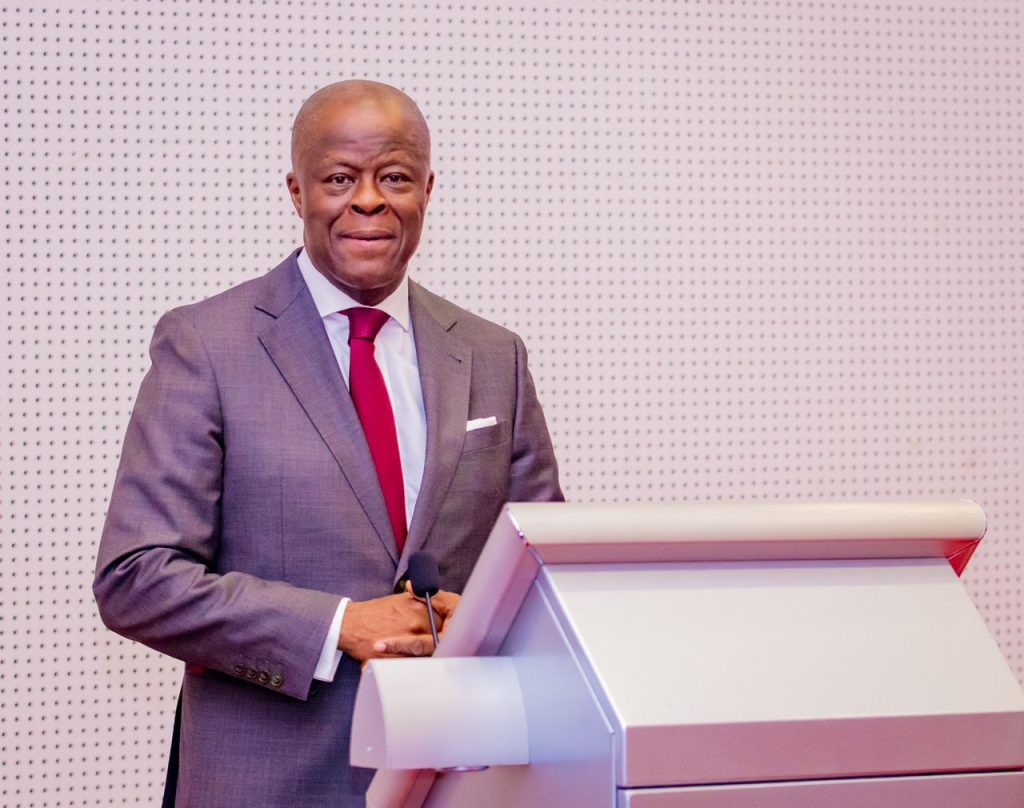Nigeria’s tax-to-gross domestic product (GDP) ratio is low, according to Finance Minister and Coordinating Minister of the Economy Wale Edun, because taxpayers are not filing their taxes.
Edun spoke at an investors’ forum hosted by the Debt Management Office (DMO) in Washington DC, which was held in conjunction with the ongoing International Monetary Fund (IMF) and World Bank annual meetings.
The current administration’s flurry of reforms, particularly on the monetary front, has also extended to the government’s fiscal affairs.
The government hopes that the reforms will enable Tinubu to realise his vision of a $1 trillion economy and, more importantly, greatly raise Nigeria’s revenue.
However, in his speech at the forum, Edun stated that taxes still only make up 10% of the GDP of the nation.
The minister said:
“The starting point really is that 10% to GDP, you can see that… should I say it?… people are not paying their taxes? So, there really is a lot of room without actually hiking tax rates.”
“As I explained before, it is digitisation, and application of technologies that will take us there more than before. For instance, using an efficient process for assessing, for billing, for collection for monitoring what comes in.
“So, we are comfortable that we will be able to, over the next three, four years, double tax revenue as a percentage of GDP. It’s very low, where it is now even by our African peers.”
According to Edun, Nigeria has to borrow less and concentrate more on mobilising its domestic resources through taxes and other government revenue, especially oil, which is why the 2024 budget “has a significant 60/70% increase” in overall government revenue forecast.
The economist concluded that the best method to support government revenue in a non-inflationary environment is through taxation, which doesn’t necessarily mean raising tax rates but rather enhancing the effectiveness of administration and collection.
But the minister stated that setting up an effective mechanism should come first.
He added:
“Let me give you an example: throughout Nigeria, there are about 80-something taxes that people will bring you assessments at the local governments and the state level, even agency level.”
“They will bring you all kinds of bills and invoices. And the analysis we have done shows that there are nine major tax revenue heads, withholding tax, and of course, income tax, and so on and so forth, that produce 90 percent of your revenue.
“So, if we can do away with some of these taxes, you wouldn’t lose much. And then you would pay in terms of people’s willingness to pay.”
According to the minister, if taxpayers are given an efficient system, and are billed properly, “that does help with the ability to collect taxes”.
